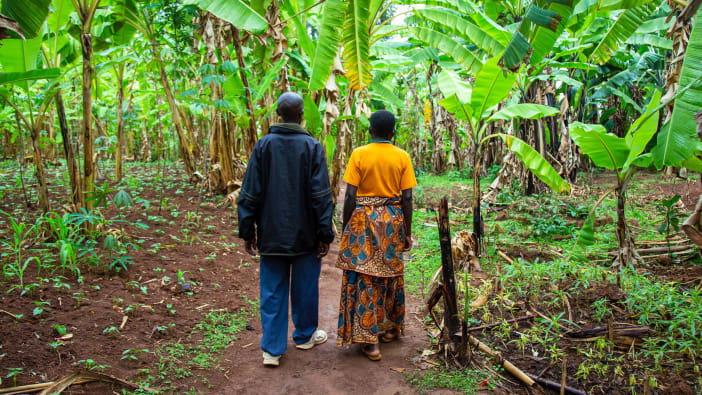Oasis Esteem is a Christian sex and relationships education programme run throughout the UK by the charity Oasis Trust. Oasis Esteem provides resources and training for volunteers to go into secondary schools and youth work settings and to run classes educating young people about sex and relationships.
Recently one of our volunteers was giving a lesson about values in relationships to a class of fifteen year olds. One student asked, ‘Why are we talking about relationships? I thought this lesson was about sex?’ His question shows how for many young people in the UK, ideas about sex have become separated from the idea of committed relationships. The painful results of this separation between sex and relationships can be clearly seen in our society. Since the 1990s, cases of sexually transmitted infections (STIs) have continued to rise, with the highest rises being seen among young people aged 16–24 years. The UK also has the highest teenage pregnancy rates in Western Europe.
Sex is a subject of vital importance and interest to young people, but poor information and prejudice are common. This can lead to bad choices, harmful relationships, and put lives at risk. Oasis Esteem seeks to address these issues through education. It is very important that young people have access to accurate and clear information on sex and relationships.
Motivated by our Christian faith, we named the project ‘Oasis Esteem’ to highlight the fact that young people’s decisions about sex and relationships are rooted in their self-esteem. The lessons aim to encourage young people to respect themselves and other people. We want to help young people to make well-informed, positive and healthy choices for their lives in the area of relationships and sex. Lesson topics include:
- self-esteem
- sex and relationships
- STIs
- sex and sexuality
- HIV and AIDS – facts and attitudes.
In the UK, as in many other countries, mass media such as television, film, radio and magazines, often give confused messages to young people about sex. We believe that it is important to help young people to decide their own values and to empower them to take a stand for what they believe. The feedback is encouraging – as one young person said, ‘Thank you! I think you might have just saved my life.’
Phil Hoyle works for Oasis Esteem as Training Coordinator, Greater London.
Oasis UK
115 Southwark Bridge Road
London
SE1 0AX
Email: [email protected]
Website: www.oasisuk.org/esteem
A self-esteem activity
The aim of this practical activity is to challenge thinking on how we value people and to encourage the group to appreciate the qualities and contributions that they and those around them can offer.
Method:
1. Gather pictures or props to represent the following:
- 6 buckets of water (hydrogen and oxygen)
- 1 bucket of charcoal or coal (carbon)
- 2 cups of lime (calcium)
- 2,000 match tips (phosphorous)
- 2 large spoonfuls of wood ash (potash)
- 1 teaspoon of sulphur
- 4 cups of fat or oil
- 1 teaspoon of salt (chlorine and sodium)
- 1 large nail (iron)
- 1 large spoon of earth (representing all the trace elements)
2. Read through the list and show the props or pictures. Explain that this is what human beings are made up of if broken down into chemical components.
3. Ask the group for their responses to the information. Do they think that people are worth more than just their chemical compound? Try and draw out the young people’s opinions.
4. Discuss what else makes someone valuable.
5. Discuss the values that society places on people by their position, performance, wealth and personal appearance.
6. Finish by reminding the group that we all have special qualities that no-one else has. Each of us is valuable and loved by God.








